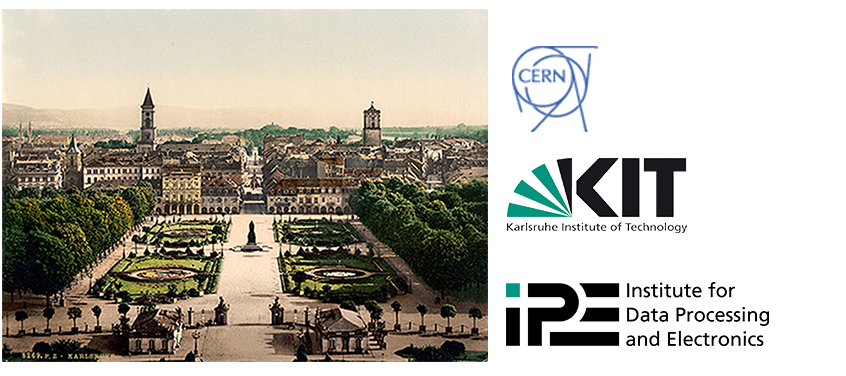Speaker
Description
Thin polyurethane (PU) coatings for aluminum wedge wire bonds are proposed to protect the ATLAS Inner Tracker upgrade from condensation-induced corrosion and oscillations from periodic Lorentz forces. Coating robustness after exposure to an HL-LHC lifetime dose is being evaluated. Mechanical properties of irradiated samples are tested at room temperature and -20C. Irradiated samples are thermal-cycled to test for radiation-induced intolerance to thermal expansion.
Summary
Wire bonds sprayed with a fresh coating of polyurethane (PU) have been shown to tolerate direct exposure to water. PU coatings suppress oscillations from periodic Lorentz forces that can be induced in pixel and strip tracking detectors in the intense magnetic fields of an LHC detector. Results were previously reported at room temperature. Performance of PU coatings at -20C, a typical operating temperature of a silicon tracker, will be reported for samples irradiated at HL-LHC lifetime doses anticipated at locations throughout the ATLAS Inner Tracker (ITk) upgrade. Samples are being thermal-cycled to test for thermal expansion issues induced by radiation curing of PU.
The coated aluminum wire bonds (1% silicon, 25 micron thickness, 28 mm length) are evaluated in a 1.0 T field with an “endcap/disk” geometry (B field parallel to the PC board normal and perpendicular to the wire bond) which is the most vulnerable geometry to Lorentz forces. Bond wire vibrations are excited with 50% duty-cycle square waves. Resonance characteristics are reported as a function of coating thickness,level of irradiation, and temperature.
